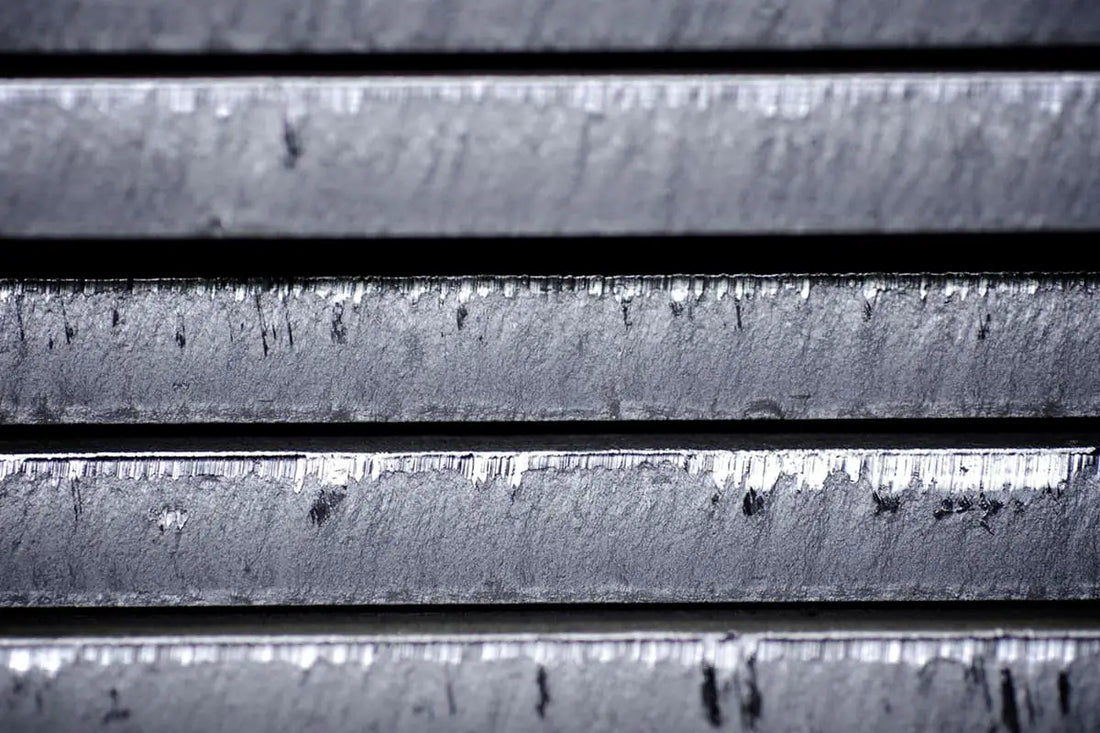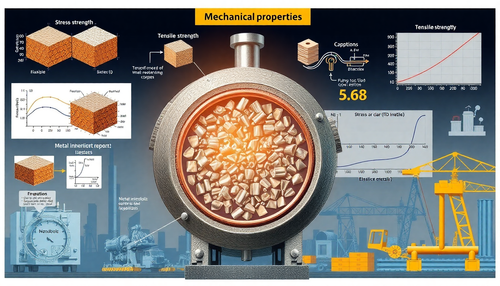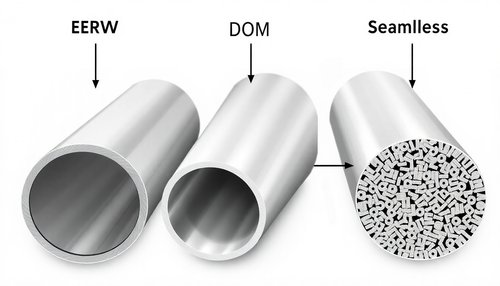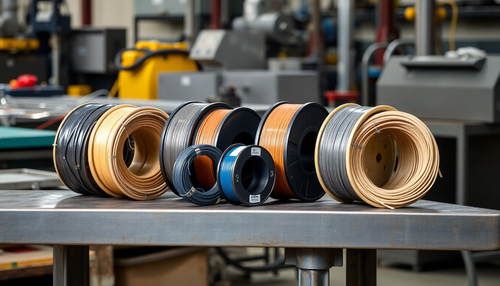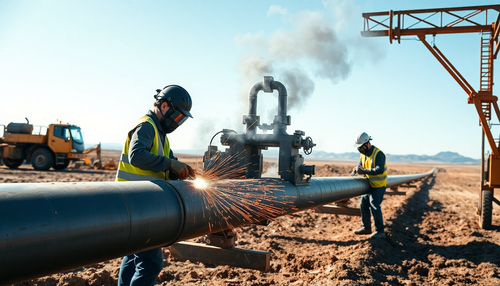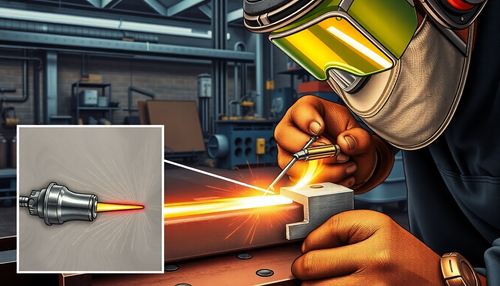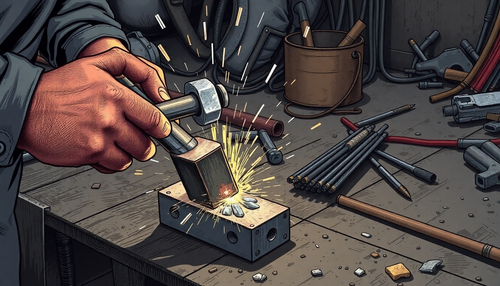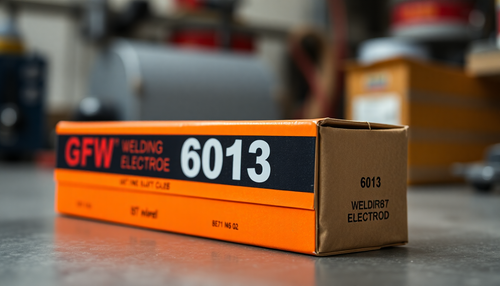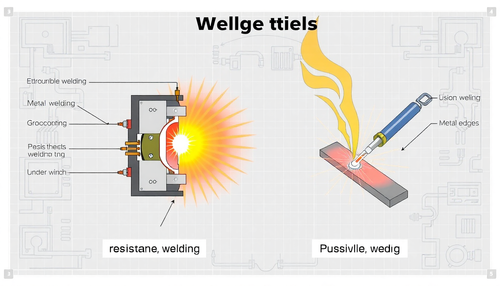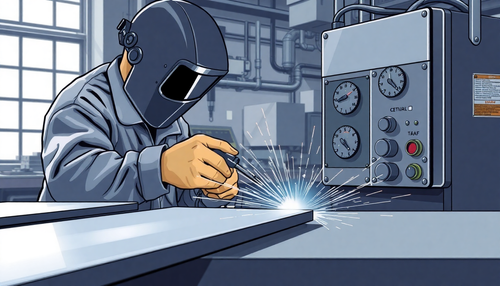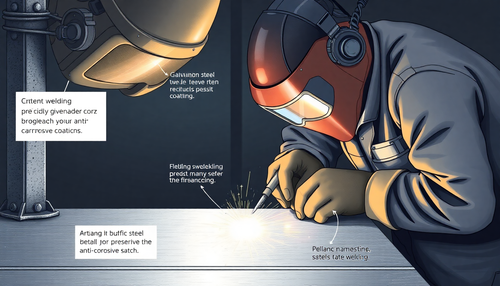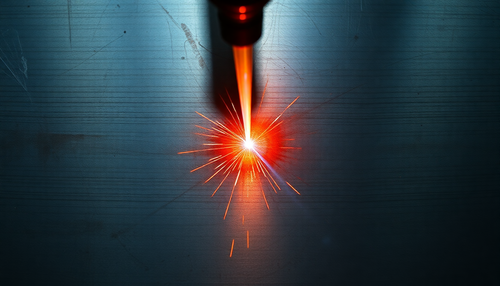I. Weight calculation formula
(1) Density-Based Formula
The following weight calculation formula can be used to calculate the weight of steel/metal:
Weight (kg) = Sectional Area (mm 2 ) × Length (m) × Density (ρ, g/cm 3 )× 1/1000
Above is the formula to calculate the weight of steel in kg.

Density Determination
For metal density, you can also refer to the following:
- Density Table of Metals (Iron, Steel, Brass, Aluminum) and Alloys
- Density Table for Commonly Used Sheet Metal Materials
II. Calculating the weight of steel and metals
To help you calculate the weight of various metals and steels including sheets, structural steel, MS angle, mild steel, steel bar, square tube, angle and aluminum, we help you calculate the Weight, we will show you step by step how the calculation must be done correctly.
III. Metal and Steel Weight Calculation Formula
The unit of measurement for calculating the theoretical weight of steel is the kilogram (kg). The basic formula is:
W (Weight, kg) = F (Cross-sectional area, mm²) × L (Length, m) × ρ (Density, g/cm³) × 1/1000
The density of the steel is: 7.85g/cm³
Simple steel weight calculation formulas
Simply enter the indicated data ( Twelfth I Inches) move from left to right doing factor calculations as shown.
- ROUND Diameter x Diameter x 2.6729 = pounds
- PLANE Thickness x Width x 3.4032 = Pounds
- SQUARE Diameter x Diameter x 3.4032 = Pounds
- HEXAGON *Diameter x Diameter x 2.9437 = pounds
- OCTAGON *Diameter x Diameter x 2.8193 = pounds
- REAL PIPE – Wall x Wall x 10.68 = pounds
- PIPE – Wall x Wall x 10.68 = pounds
- SHEET Thickness x Width x Length x 0.2904 = Pounds
- COIL OD x OD – ID x ID x 0.2223 = Pounds per inch width
- SHEET CIRCLE Diameter x Diameter x Thickness x 0.228 = pounds
- PLATE Thickness x Width x Length x 0.2836 = pounds
SHAPES:
- CIRCLE: Diameter x Diameter x Thickness x .222 7 = Libra s
- RIN G: Diameter x Diameter – ID x ID x Thickness x .2227 = Pounds
- CIRCLE SECTOR: Radius x Radius x Number of Degrees in Arc x Thickness x 0.0025 = Pounds
- TRIANGLE (right angle): Base Length x Height x Thickness x 0.1418 = Pounds
- TRAPEZOIDS (2 parallel sides): Side “ A ” + Side “ B ” x Height x Thickness x 14.18 = pounds
- HEXAGON (equal sides): Side length x Side length x 0.7367 = Pounds
- OCTAGON: Side Length x Side Length x 1.3692 = pounds
NOTE: Formulas are based on nominal weights of 0.2836 pounds. Per cubic inch and should only be considered approximations rather than actual scale weight.
Weights of various metals in pounds per cubic foot
| Aluminum | 168.48 | Copper | 559.87 |
| Antimony | 419.99 | Gold | 1206.83 |
| Beryllium | 113.7 | Metal Weapon (Aver.) | 544 |
| Bismuth | 611 | Iridium | 1396 |
| Brass (Approx.) | 535.68 | Iron | 491.09 |
| Bronze, aluminum. | 481 | Iron, Cast Gray | 442 |
| Bronze (Approx.) | 541 | Iron, wrought | 480 |
| Cadmium | 540.86 | Iron, Slag | 172 |
| Chrome | 428 | Lead | 707.96 |
| Cobalt | 552.96 | Magnesium | 108.51 |
| Manganese | 463.1 | Silver | 654.91 |
| Mercury | 849 | Stainless Steel (18-8) | 494.21 |
| Molybdenum | 637.63 | Cast/rolled steel | 490 |
| Metal Monel | 556 | Tin | 455.67 |
| Nickel | 555.72 | Titanium | 283.39 |
| Osmium | 1402 | Tungsten | 1204.41 |
| Palladium | 712 | Vanadium | 374.97 |
| Platinum | 1339.2 | Zinc | 445.3 |
| Rhodium | 755 | *1728 UC. IN. BY ASS. Feet. | |
| Ruthenium | 765 | ||

1. Steel plate weight calculation formula
• Formula: length(m)×width(m)×thickness(mm)×7.85
• For example: 6m (length)×1.51m (width)×9.75mm (thickness)
• Calculation: 6×1.51×9.75×7.85=693.43kg

2. Steel tube weight calculation formula
• Formula: (OD wall thickness)×wall thickness(mm)×length(m)×0.02466
• For example: 114mm(OD)×4mm(wall thickness)×6m(length)
• Calculation: (114-4)×4×6×0.02466=65.102kg

3. Steel bar weight calculation formula
• Formula: diameter(mm)×diameter(mm)×length(m)×0.00617
• For example: Φ20mm (diameter)×6m (length)
• Calculation: 20×20×6×0.00617=14.808kg

4. Square steel weight calculation formula
• Formula: side width(mm)×side width(mm)×length(m)×0.00785
• For example: 50 mm (side width) × 6 m (length)
• Calculation: 50×50×6×0.00785=117.75(kg)

5. Flat steel weight calculation formula
• Formula: side width(mm)×thickness(mm)×length(m)×0.00785
• For example: 50 mm (side width) × 5.0 mm (thickness) × 6 m (length)
• Calculation: 50×5×6×0.00785=11.775(kg)

6. Hexagonal steel weight calculation formula
• Formula: side-to-side diameter× side-to-side diameter× length(m)×0.0068
• For example: 50 mm (diameter) × 6 m (length)
• Calculation: 50×50×6×0.0068=102(kg)

7. Rebar weight calculation formula
• Formula: dia.mm×dia.mm×length(m)×0.00617
• For example: Φ20mm(diameter)×12m(length)
• Calculation: 20×20×12×0.00617=29.616kg

8. Flat steel pipe weight calculation formula
• Formula: (side length+side width)×2×thickness×length(m)×0.00785
• For example: 100mm×50mm×5mm(thickness)×6m (length)
• Calculation: (100+50)×2×5×6×0.00785=70.65kg

9. Rectangular steel tube weight calculation formula
• Formula: side width (mm)×4×thickness×length(m)×0.00785
• For example: 50mm×5mm (thickness)×6m (length)
• Calculation: 50×4×5×6×0.00785=47.1kg

10. Equal leg angle steel weight calculation formula
• Formula: (side width×2 thickness)×thickness×length(m)×0.00785
• For example: 50mm×50mm×5(thickness)×6m(length)
• Calculation: (50×2-5)×5×6×0.00785=22.37kg

11. Formula for calculating the weight of steel with unequal leg angle
• Formula: (side width+side width-thickness)×thickness×length(m)×0.0076
• For example: 100mm×80mm×8(thickness)×6m(length)
• Calculation: (100+80-8)×8×6×0.0076=62.746kg

12. Brass tube weight calculation formula
• Formula: (wall thickness OD)×thickness(mm)×length(m)×0.0267

13. Copper tube weight calculation formula
• Formula: (wall thickness OD)×thickness(mm)×length(m)×0.02796

14. Aluminum checkered sheet weight calculation formula
• Formula: length(m)×width(mm)×thickness (mm)×0.00296

15. Brass tube weight calculation formula
• Formula: length(m)×width(mm)×thickness(mm)×0.0085

16. Copper foil weight calculation formula
• Formula: length(m)×width(mm)×thickness(mm)×0.0089

17. Zinc plate weight calculation formula
• Formula: length(m)×width(mm)×thickness(mm)×0.0072

18. Main sheet weight calculation formula
• Formula: length(m)×width(mm)×thickness(mm)×0.01137

19. Octagonal steel weight calculation formula
• Formula: length(m)×transverse width(mm)×transverse width(mm)×0.0065

20. Copper bar weight calculation formula
• Formula: diameter(mm)×diameter(mm)×length(m)×0.00698

21. Brass rod weight calculation formula
• Formula: diameter(mm)×diameter(mm)×length(m)×0.00668

22. Aluminum rod weight calculation formula
• Formula: diameter(mm)×diameter(mm)×length(m)×0.0022

23. Square copper rod weight calculation formula
• Formula: width(mm)×width(mm)×length(m)×0.0089

24. Brass Square Rod Weight Calculation Formula
• Formula: width(mm)×width(mm)×length(m)×0.0085

25. Aluminum square rod weight calculation formula
• Formula: width(mm)×width(mm)×length(m)×0.0028

26. Hexagonal copper rod weight calculation formula
• Formula: transverse width (mm) × transverse width (mm) × length (m) × 0.0077

27. Hexagonal Brass Rod Weight Calculation Formula
• Formula: width(mm)×transverse width(mm)×length(m)×0.00736

28. Aluminum hexagonal rod weight calculation formula
• Formula: transverse width (mm) × transverse width (mm) × length (m) × 0.00242

29. Aluminum plate weight calculation formula
• Formula: thickness(mm)×width(mm)×length(m)×0.00171

30. Aluminum tube weight calculation formula
• Formula: thickness(mm)×(OD(mm)-thickness(mm))×length(m)×0.00879
Common sources of error in calculating the weight of metal material
Common sources of error in calculating the weight of metallic materials include the following points:
Density Accuracy: The density of metallic materials is one of the main factors that affect the calculation of their theoretical weight. If the density value is inaccurate, a large error will occur in the calculated weight.
Dimensional Deviation: There may be a deviation between the actual size and the theoretical size of metal materials, which may affect the weight calculation. For example, seamless steel tubes can have a certain variation in outer diameter and wall thickness, while the maximum allowable error for the actual weight of standard I-beams is between +3% and -5%.
Influence of Coefficient of Thermal Expansion: Materials expand when heated and different materials have different coefficients of thermal expansion. This may result in errors when measuring or calculating weight in high temperature environments.
Difference between theoretical and actual weight: Even under ideal conditions, there is a certain margin of error in the method of calculating theoretical weight. For example, the error between the theoretical weight mentioned by the calculator and the actual weight is approximately 0.2%-0.7%.

